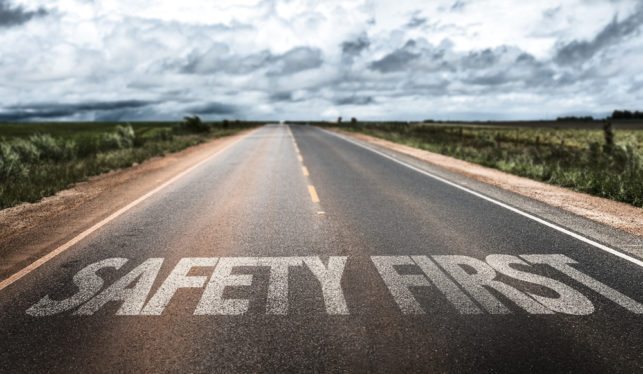Embarking on an RV road trip can be an incredible way to explore the country, enjoy scenic routes, and create lasting memories. Proper planning, however, is essential to ensure a smooth and enjoyable journey. Here are some tips to help you prepare for your next RV adventure.
Choose the Right Route for Your Trip
When planning an RV road trip, selecting the right route is crucial. Avoid heavily congested urban areas where possible, as incidents account for 50% to 75% of all traffic delays on U.S. highways, according to studies. Opting for scenic byways or less crowded routes can save time and make the journey more enjoyable.
Conduct a Thorough Vehicle Inspection
Your RV is the heart of your road trip, so ensuring it is road-ready is vital. Regular maintenance, including oil changes, tire checks, and fluid top-offs, can prevent breakdowns during your adventure. According to Gitnux, nearly 40% of vehicle owners in the U.S. trust their local repair shop for routine services. Visit your trusted mechanic to address any potential issues before hitting the road.
Plan Your Stops Strategically
RVs are great for traveling long distances, but they still require regular stops for refueling, rest, and exploration. All vehicles in the U.S. collectively rack up trillions of miles every month, which means well-maintained stops can be busy. To avoid stress, map out your rest stops, campgrounds, and fuel stations in advance. Apps like Allstays or Campendium can help you find RV-friendly locations.
Pack Smartly

While RVs offer more storage than a standard vehicle, space is still limited. Prioritize essential items like clothing for various weather conditions, non-perishable food, and necessary tools for emergency repairs. Also, include entertainment options for downtime, such as books, board games, or streaming devices. A well-packed RV ensures you’re prepared for any situation without feeling cramped.
Be Prepared for Unexpected Delays
Traffic incidents are 50% to 75% of total traffic congestion on U.S. motorways, according to recent studies. These delays can significantly impact your travel schedule. To minimize frustration, always have a backup plan. Use apps like Waze or Google Maps to track real-time traffic updates and adjust your route if needed.
Understand RV-Specific Requirements
RVs have unique requirements that differ from standard vehicles. Ensure you know the height and weight of your RV to avoid low-clearance bridges or roads with weight restrictions. Familiarize yourself with RV-safe fueling stations and learn how to use RV dump stations for waste management. These small steps can prevent headaches and keep your trip running smoothly.
Stay Safe on the Road

Driving an RV requires extra caution, especially on unfamiliar roads. Take breaks every few hours to avoid fatigue and keep your focus sharp. Consider sharing driving duties with a travel companion if possible. Safety should always be your top priority, so keep emergency contact numbers and a first-aid kit handy.
Why RV Road Trips Are Worth the Effort
RV road trips offer an unparalleled way to explore the open road, combining the freedom of travel with the comforts of home. Whether you’re discovering hidden gems or visiting iconic landmarks, an RV allows you to experience the journey at your own pace. With millions of vehicles traveling across America every month, the sense of adventure and connection that comes with RV travel makes the preparation and planning well worth the effort.
Embrace the Journey
An RV road trip is as much about the journey as the destination. Allow room in your itinerary for spontaneous detours or extra time at a favorite spot. By leaving flexibility in your plans, you can fully embrace the spirit of adventure.
Planning your next RV road trip doesn’t have to be overwhelming. By carefully selecting your route, maintaining your RV, and staying prepared for the unexpected, you’ll set yourself up for a safe and enjoyable journey. Keep in mind the traffic realities, maintenance needs, and unique considerations of RV travel to make your adventure as smooth as possible. Whether you’re heading to national parks, historic landmarks, or hidden gems, proper preparation will ensure a memorable trip.

